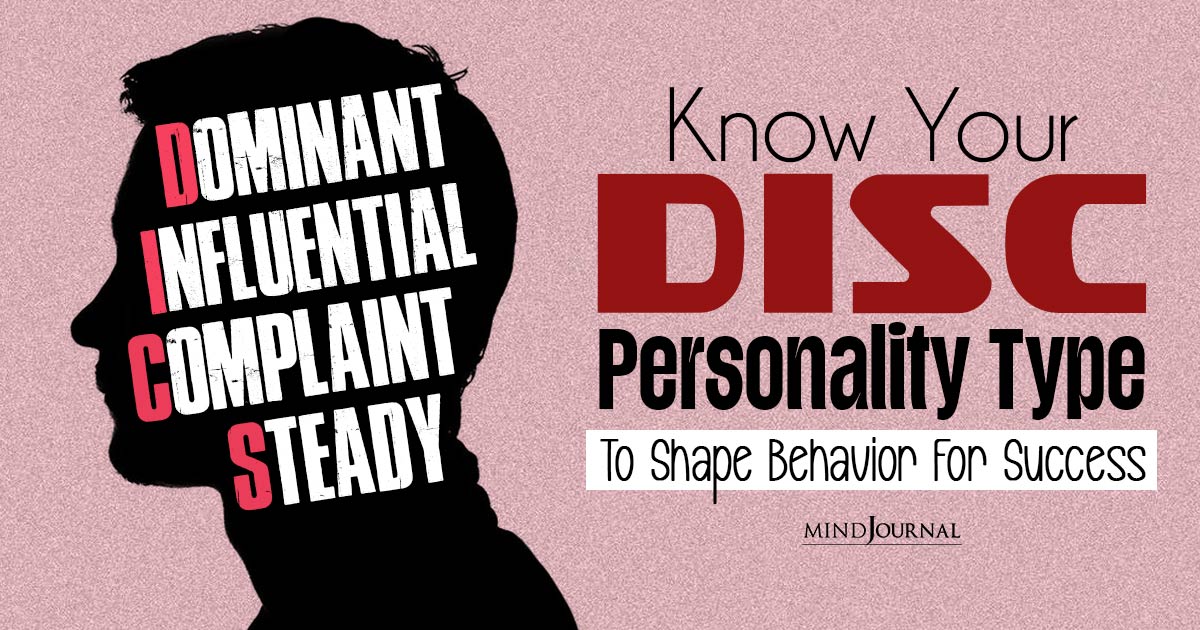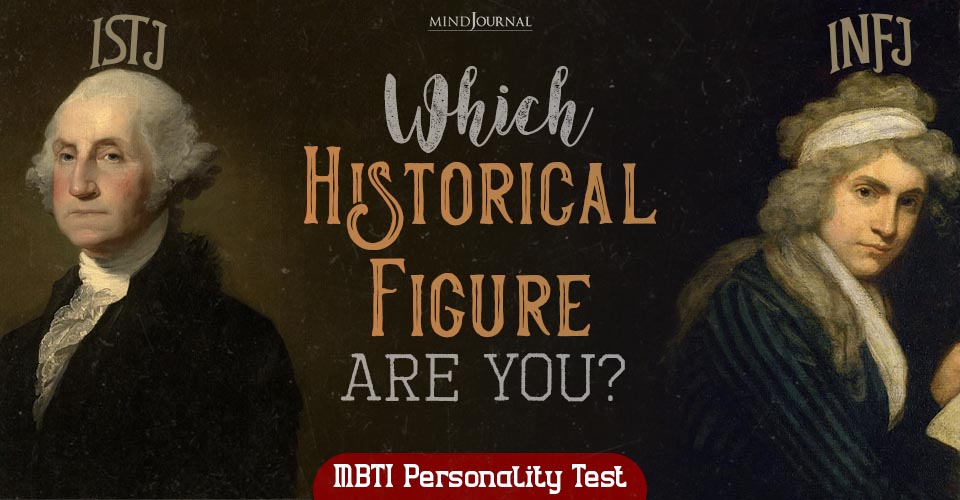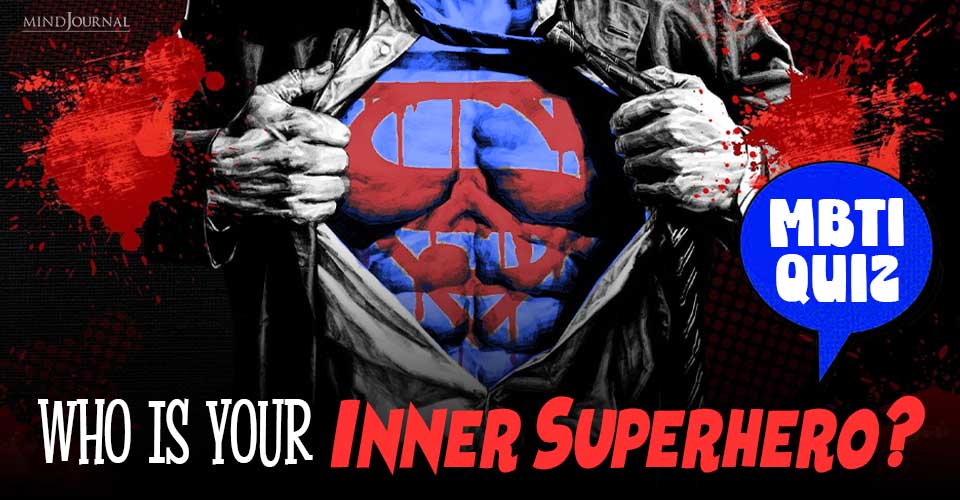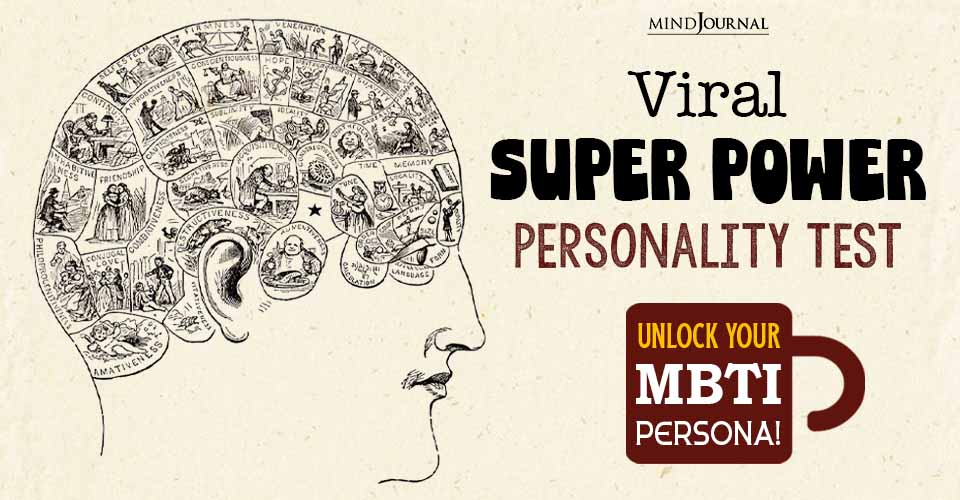Have you ever wondered why some people are naturally outgoing and assertive, while others prefer a more analytical and reserved approach? The answer lies in understanding DISC personality types.
Let us delve into the fascinating world of DISC personalities, exploring what they are, how they can be identified, and most importantly, how to effectively interact and communicate with each type.
Whether you’re a team leader, an employee, or simply someone interested in enhancing your interpersonal relationships, understanding DISC personality types can be a game-changer. So, let’s embark on this enlightening journey together.
What is DISC Personality?
DISC is a model of human behavior that categorizes individuals into four primary personality types:
- Dominance (D)
- Influence (I)
- Steadiness (S)
- Conscientiousness (C)
These four types, represented by the acronym DISC, capture distinct behavioral patterns and preferences, providing valuable insights into how people think, act, and communicate.
Related: Understanding Type A and Type B Personality Types
Understanding DISC Personality Types

Identifying the different DISC personality types can greatly enhance our understanding of ourselves and others, enabling more effective communication and collaboration. Here’s a closer look at each type:
1. Dominance (D)
People with ‘Dominance’ personalities are typically assertive, direct, and results-oriented. They are natural leaders who enjoy taking charge, making decisions, and tackling challenges head-on.
They also value efficiency, productivity, and taking charge. D-personalities thrive in competitive environments and are driven by accomplishments and tangible outcomes.
When interacting with a D-personality, it’s essential to be concise, focused, and provide them with clear objectives and goals. Avoid excessive small talk or unnecessary details and be prepared for a more direct and assertive communication style.
2. Influence (I)
‘Influence’ personalities are charismatic, outgoing, expressive, and enthusiastic individuals. They possess excellent communication skills and are often persuasive and inspiring.
Being people-oriented, I-personalities thrive in social settings, enjoying teamwork & interactions with others and seeking recognition and approval. They are natural motivators and team players.
When engaging with an I-personality, allow them to express themselves, listen actively, and provide positive feedback. Be open to their ideas, involve them in group activities, and create an environment that fosters collaboration and social connections.
3. Steadiness (S)
‘Steadiness’ personalities are known for being calm, patient, relationship-focused and for their supportive nature. They value stability, trust, harmony, and consistency in their relationships and work environments.
S-personalities excel at building strong connections, fostering teamwork, and maintaining a sense of balance. They are dependable and prefer slower-paced, methodical approaches.
When interacting with an S-personality, be patient, attentive, and empathetic. Give them ample time to process information and avoid rushing decisions. Provide a supportive and stable environment, acknowledge their contributions, and seek their input on matters that affect them.
4. Conscientiousness (C)
‘Conscientiousness’ personalities are analytical, detail-oriented, and systematic in their approach. They have a strong focus on accuracy, logical thinking, precision, and quality.
C-personalities thrive in structured environments, where they can utilize their problem-solving skills and attention to detail. They prioritize data, facts, and evidence over emotions.
When engaging with a C-personality, provide them with well-organized, detailed information, and logical reasoning. Avoid surprises or sudden changes and allow them time to analyze and process information.
Appreciate their attention to detail and provide opportunities for them to utilize their problem-solving skills.
Related: The 9 Enneagram Personality Types: Which One Are You?
6 Ways of Dealing with DISC Personality Types

To effectively deal with different DISC personality types, it’s crucial to embrace flexibility, empathy, and open-mindedness. Here are a few tips:
1. Recognize and Appreciate Differences
Understanding that each personality type brings unique strengths and perspectives to the table is key. Appreciate the diversity and value the contributions of individuals with different DISC personalities.
2. Adapt Your Communication Style
Tailor your communication approach to suit the preferences of each personality type. Make sure to be –
- Be clear, concise, and direct with D-personalities
- Enthusiastic and engaging with I-personalities
- Patient and supportive with S-personalities
- Logical and well-prepared with C-personalities
This is one of the best tips for dealing with DISC personality type.
3. Foster Collaboration and Teamwork
Create an inclusive and collaborative environment that encourages individuals with different DISC personality types to work together. Provide opportunities for team-building activities, open discussions, and shared decision-making processes.
4. Seek Common Ground
Identify shared goals and interests to bridge the gaps between different personality types. Focus on finding common ground and areas of synergy to foster better understanding and cooperation.
5. Practice Active Listening
Develop strong listening skills to understand the needs, concerns, and ideas of individuals with different DISC personalities. Show genuine interest and empathy, and validate their perspectives.
6. Provide Feedback and Recognition
Tailor your feedback and recognition approaches to suit each personality type. While some may thrive on public praise and recognition (I-personalities), others may prefer more private acknowledgments (C-personalities). Customizing your approach enhances motivation and engagement.
Takeaway
Understanding DISC personality types provides invaluable insights into human behavior, communication styles, and preferences. By recognizing and appreciating the unique characteristics of each type, we can foster more effective communication, collaboration, and relationships.
Remember, DISC personalities are not rigid boxes that confine individuals but rather a framework to understand and celebrate diversity. Embrace the strengths of each type, adapt your communication style, and cultivate an environment that values and respects different perspectives.
As you embark on your journey of understanding DISC personalities, keep an open mind and be willing to learn and grow. By harnessing the power of DISC, you can unlock the potential for harmonious and productive interactions in both personal and professional spheres.
Frequently Asked Questions (FAQs):
What are the 4 DISC personality types?
The four DISC personality types are Dominance, Influence, Steadiness, and Conscientiousness, each representing different behavioral preferences and tendencies.
What is the rarest DISC personality?
The rarest DISC personality is typically the Conscientiousness type, characterized by precision, attention to detail, and analytical thinking.
What are the weaknesses of a DISC personality?
Weaknesses of DISC personalities may include being overly assertive (Dominance), prone to distraction (Influence), indecisiveness (Steadiness), or perfectionism (Conscientiousness).










Leave a Reply